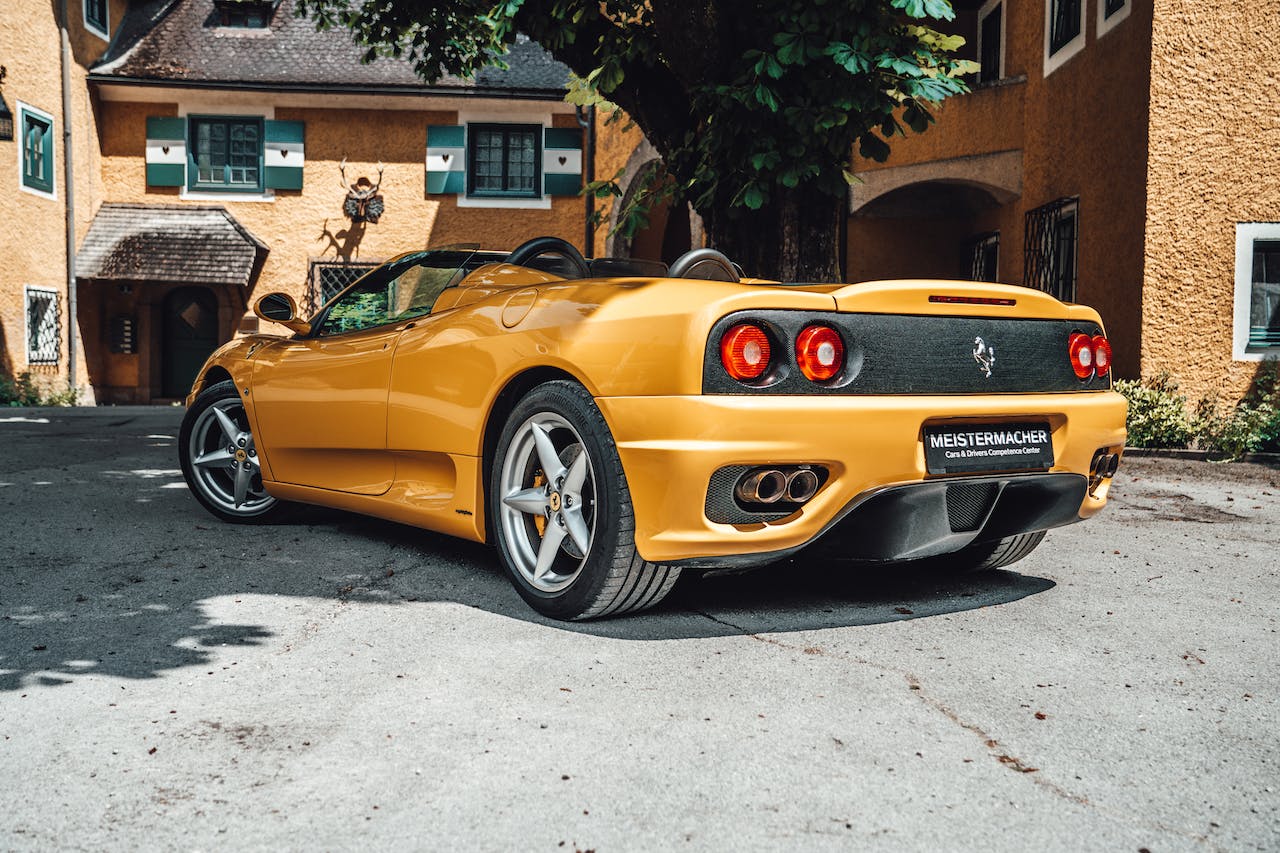In the fast-evolving world of automotive technology, the advent of 5G has ushered in a new era of connectivity and innovation. This article explores the profound impact of 5G on connected cars, delving into its role in shaping the automotive landscape. From faster data transmission to low-latency applications, we unravel the opportunities and challenges that lie ahead for the automotive industry.
Evolution of Connected Cars
Connected cars represent a significant milestone in the evolution of the automotive industry. As technology continues to play a pivotal role in shaping vehicles’ capabilities, the introduction of 5G has added a new layer of possibilities, revolutionizing the way cars communicate and function.
5G Technology Explained
Before delving into its impact, let’s understand what 5G entails. The fifth generation of mobile networks, commonly known as 5G, boasts unparalleled speed, low latency, and enhanced connectivity. Compared to its predecessors, 5G opens up a world of possibilities for connected devices, with implications ranging from smart cities to, notably, connected cars.
5G and Connected Vehicles
One of the primary advantages of 5G in connected cars is its ability to facilitate faster data transmission. This not only enhances in-car entertainment systems but also supports critical applications like real-time navigation updates and traffic management. The low-latency nature of 5G ensures swift communication between vehicles and infrastructure, laying the foundation for advanced features like autonomous driving.
Opportunities for the Automotive Industry
The integration of 5G in connected cars presents exciting opportunities for the automotive industry. Users can expect an elevated driving experience with seamless connectivity, innovative applications, and enhanced safety features. The potential for innovation in autonomous driving receives a significant boost, promising a future where vehicles communicate with each other and their surroundings in real-time.
Challenges Faced by the Automotive Industry
However, with great opportunities come unique challenges. The implementation of 5G in connected cars requires substantial infrastructure development, posing a challenge for both automakers and telecommunication companies. Additionally, concerns regarding data security and the need for standardized protocols must be addressed to ensure a smooth transition to 5G technology.
Case Studies
Examining successful case studies of 5G integration in connected cars provides valuable insights into the real-world impact. Notable examples showcase improvements in user experience, performance, and the overall functionality of connected vehicles. These case studies serve as benchmarks for the industry, highlighting the potential benefits awaiting widespread adoption of 5G.
Future Prospects
Looking ahead, the future of 5G in connected cars appears promising. Anticipated advancements in 5G technology, coupled with the potential benefits for connected vehicles, paint a picture of a rapidly evolving automotive landscape. As 5G continues to mature, its role in shaping the future of automotive technology becomes increasingly evident.
Consumer Adoption and Awareness
The success of 5G in connected cars hinges on consumer adoption and awareness. Exploring the current awareness levels and perspectives of consumers regarding 5G in the automotive sector provides valuable insights. The article also explores the potential growth in consumer adoption as the technology becomes more commonplace.
Industry Collaboration
A crucial aspect of the 5G revolution in connected cars is the collaborative efforts between telecom companies and automakers. Partnerships aimed at driving innovation in connected vehicles contribute to the seamless integration of 5G technology, fostering a synergistic relationship between the two industries.
Regulatory Landscape
Government regulations play a pivotal role in shaping the implementation of 5G in the automotive sector. This section explores the existing regulations concerning 5G in vehicles, emphasizing the importance of standardization and compliance to ensure a cohesive and secure connected car ecosystem.
5G in Electric Vehicles
The impact of 5G extends beyond traditional vehicles to electric cars. Examining the integration of 5G in electric vehicles sheds light on its potential benefits, ranging from improved efficiency to enhanced performance. As the automotive industry shifts towards electric mobility, 5G stands poised to play a crucial role in this transition.
Global Impact
The adoption of 5G in connected cars is not limited to specific regions. This section delves into the global impact of 5G in connected vehicles, highlighting regional variations in implementation and sharing success stories from around the world.
Expert Opinions
Gaining insights from industry experts provides a nuanced perspective on the impact of 5G on connected cars. This section features opinions, predictions, and analyses from experts in the automotive and telecommunications sectors, offering valuable foresight into the trajectory of 5G technology.
Conclusion
In conclusion, the transformative impact of 5G on connected cars is undeniable. From revolutionizing user experiences to opening doors for unprecedented innovation, 5G paves the way for a future where vehicles are not just modes of transportation but integrated, intelligent entities.
FAQs:
Q1: How does 5G technology enhance the user experience in connected cars?
5G enhances the user experience by providing faster data transmission, enabling seamless connectivity for in-car entertainment, real-time navigation, and advanced safety features.
Q2: What challenges does the automotive industry face in implementing 5G in connected cars?
The challenges include the need for significant infrastructure development, data security concerns, and the establishment of standardized protocols for a smooth transition to 5G.
Q3: Are there successful case studies of 5G integration in connected cars?
Yes, several case studies highlight improvements in user experience, performance, and overall functionality in connected vehicles with the integration of 5G.
Q4: How does 5G impact electric vehicles?
5G integration in electric vehicles improves efficiency and enhances performance, contributing to the overall advancement of the electric mobility sector.
Q5: What is the global impact of 5G on connected cars?
The impact of 5G is felt globally, with regional variations in implementation. Success stories from different parts of the world showcase the widespread adoption of 5G in connected vehicles.
Last Updated on December 15, 2023 by admin

Mac is an Automotive enthusiast. He owns up to 15 vehicles. He deals with Auto problems and shows his skill to Car owners who are seeking any type of Car help.





